On September 28, the Department of Electrical Engineering and Applied Electronics (EEA) held its 2025 strategic workshop. Seventeen participants attended the meeting, including members of the EEA Party and Administration Joint Committee, directors of various research institutes, team leaders, and members of the Academic Committee. The meeting was chaired by Zheng Zedong, Secretary of the EEA Party Committee.
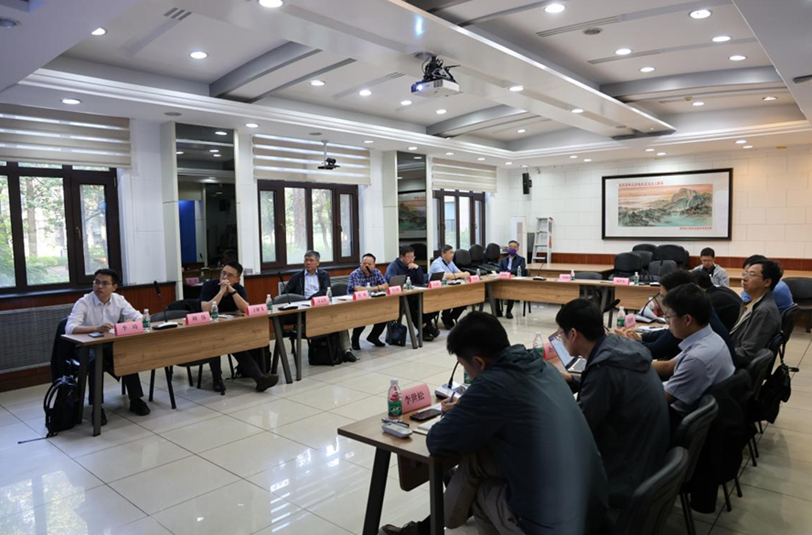
During the keynote speech session, Zheng Zedong first introduced the department’s considerations for talent team planning and the university’s latest personnel policies. He outlined the future direction of talent recruitment and team optimization in line with the key priorities of the discipline development plan. EEA Deputy Dean Sun Kai provided feedback on international consulting opinions regarding the discipline development strategy, emphasizing that scientific research should focus on core areas, pursue original breakthroughs, and deepen interdisciplinary collaboration. He also stressed that efforts should focus on faculty development, student training, and international cooperation, increasing investment in AI empowerment and international collaboration to achieve a leap from “large” to “strong.” Deputy Dean Lu Chao spoke on the layout of disciplinary and research development, reviewing the current state and medium-to-long-term goals, highlighting AI platform construction and work related to major national needs, and proposing the need to strengthen the cultivation of major landmark achievements while deepening domestic and international collaboration and advancing major projects.
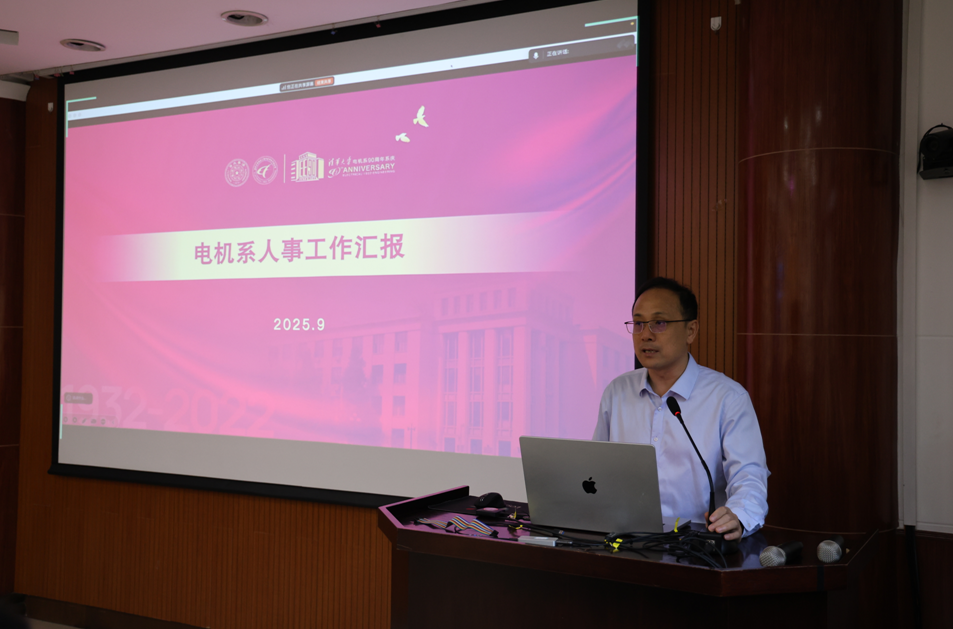
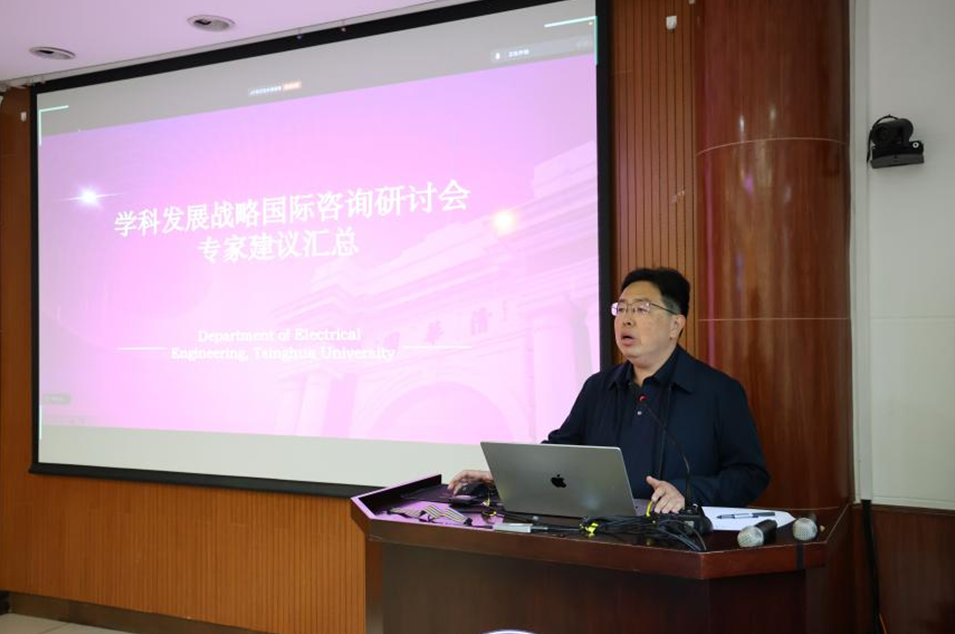
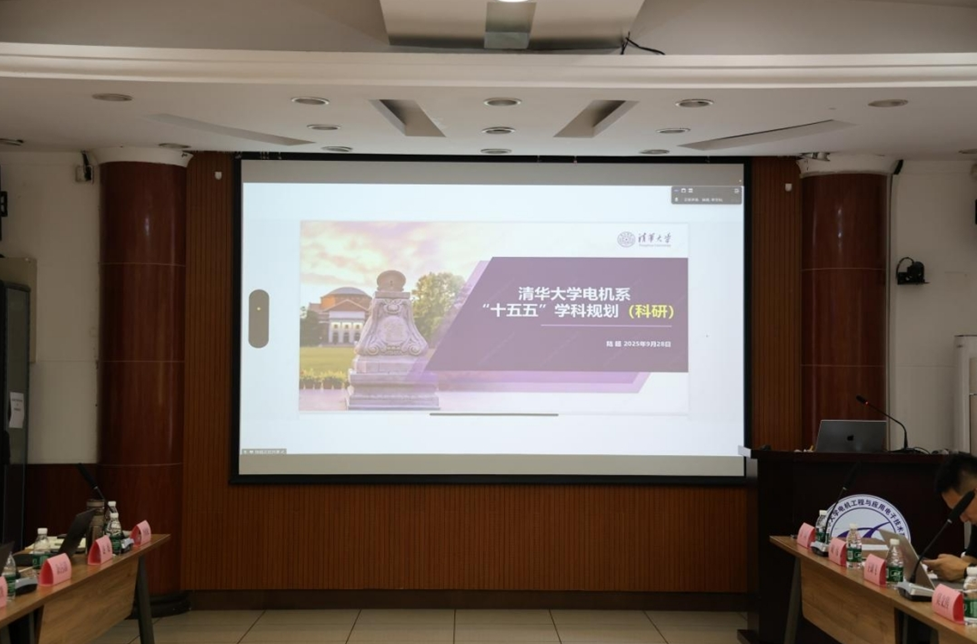
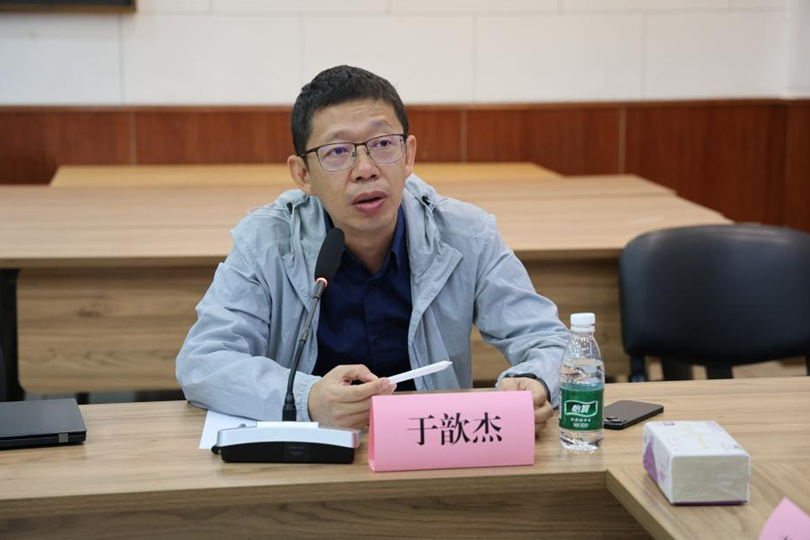
In the discussion session, Yu Xinjie, Director of the University Personnel Office, shared the latest updates on faculty post adjustments based on his work experience, and suggested that the department should promote high-quality development through attracting top domestic and international talents, conducting international disciplinary evaluations, optimizing talent team structure, and clarifying the discipline’s strategic positioning.
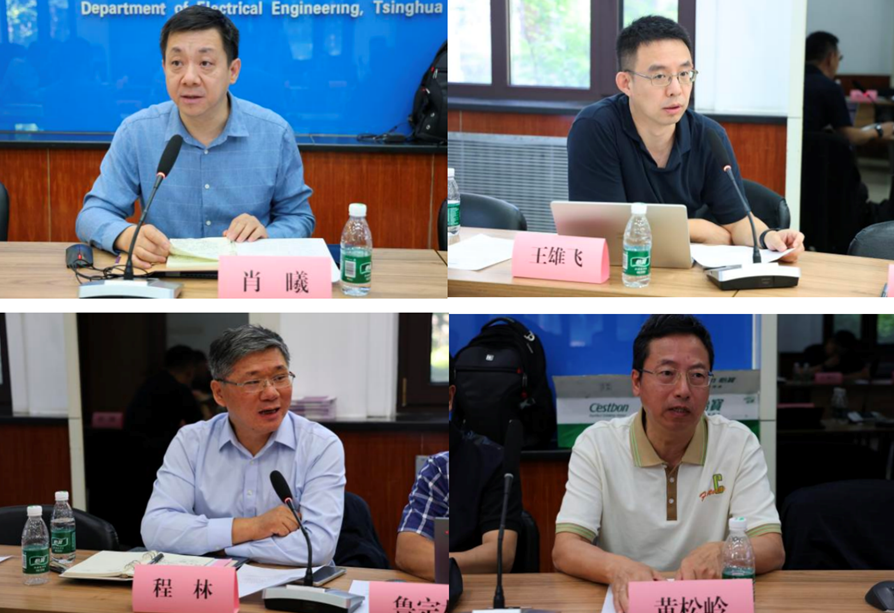
Participants engaged in a lively discussion on three core topics: future disciplinary layout, research planning, and talent team development, reaching important consensus. To advance the Electrical Engineering discipline to the world-class forefront, it was agreed that international consulting opinions should guide the process. Disciplinary layout should emphasize core strengths and address gaps; the department should focus on serving major national strategic needs while strengthening cooperation with top domestic and international institutions, proactively undertaking major projects, and demonstrating the discipline’s responsibilities. Under current team constraints, future efforts should optimize talent incentive mechanisms, attracting top domestic and international talent while nurturing young key personnel to form a talent structure that is reasonably tiered and complementary in strengths.
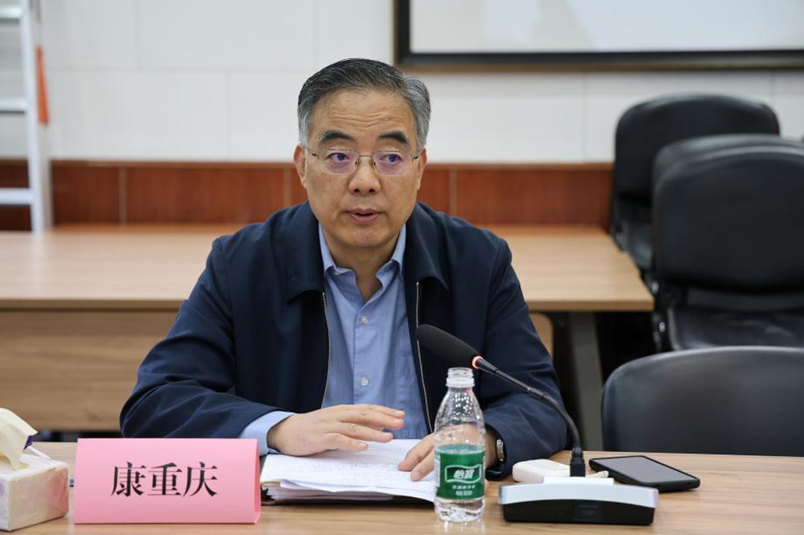
Subsequently, EEA Dean Kang Chongqing delivered a concluding speech. He emphasized that the strategic workshop is of great significance for the development of the Electrical Engineering discipline in terms of “setting direction and clarifying ideas,” and offered two suggestions: regarding talent team construction, clearly prioritize “introducing top international talent, cultivating young talent, and attracting foreign professionals” and make full use of advantages such as the “Two Academies” and other key resources; regarding disciplinary development, focus on both the “barrel effect” and the “bamboo pole effect”—addressing weaker areas while strengthening key advantage areas. He emphasized the role of research institutes and teams in leading major projects, concentrating breakthroughs in AI empowerment and service of major national strategic needs, to build a discipline with greater international influence.
The workshop further unified the department’s development vision and clarified the development path of “strengthening the foundation through talent, achieving research breakthroughs, and leading in the discipline.” Moving forward, EEA will transform the workshop outcomes into concrete action plans, steadily advancing the implementation of various initiatives and contributing to building a world-class Electrical Engineering discipline while serving the high-quality development of the nation.

















 News & Events
News & Events